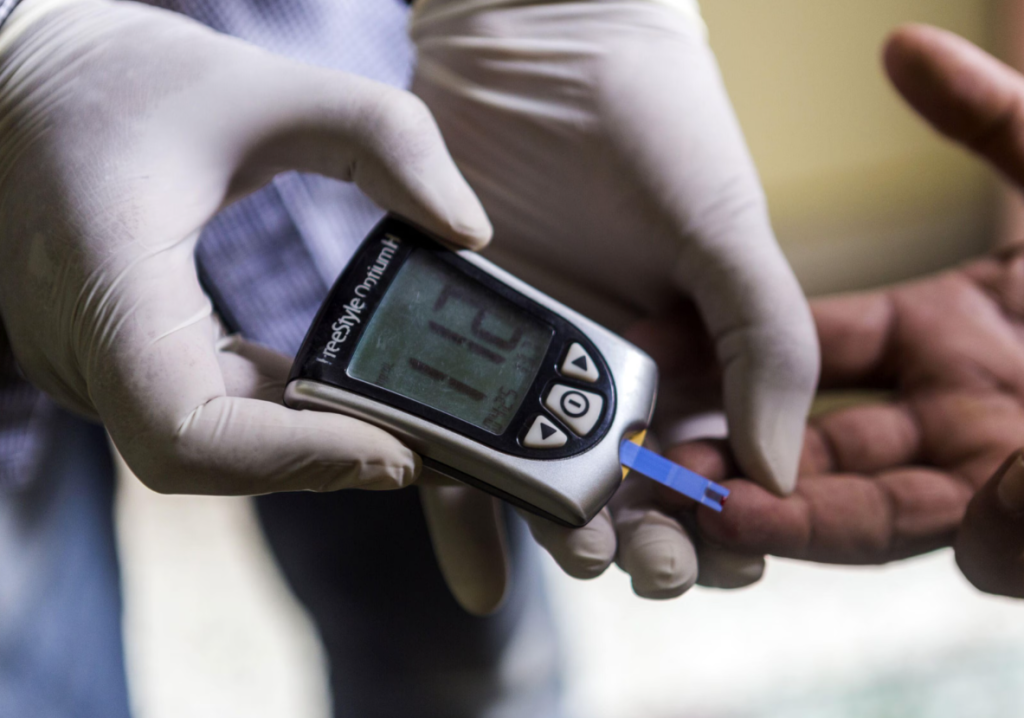In a groundbreaking development, Chinese scientists have reportedly achieved a significant milestone in diabetes treatment by successfully curing a patient using cell therapy. This pioneering procedure, detailed in the journal Cell Discovery, involved transforming the patient’s own blood cells into insulin-producing cells, leading to the restoration of pancreatic function and elimination of the need for insulin therapy.

The patient, a 59-year-old man with a 25-year history of type 2 diabetes, underwent the cell transplant in July 2021. Within eleven weeks, he no longer required external insulin, and over the next year, he gradually discontinued all oral medication for blood sugar control. Follow-up examinations confirmed the restoration of the patient’s pancreatic islet cell function, allowing him to remain medication-free for over 33 months.
This achievement represents a significant advancement in diabetes treatment, offering hope for a potential cure. The success of this therapy could pave the way for broader applications, potentially transforming the lives of millions affected by diabetes worldwide.

However, experts caution that while the results are promising, further research and clinical trials are necessary to validate the efficacy and safety of this treatment on a larger scale. The long-term implications and potential risks associated with cell therapy must be thoroughly assessed before it can become a standard treatment option.
In conclusion, the successful application of cell therapy in curing a patient with type 2 diabetes marks a remarkable step forward in medical science. Continued research and collaboration will be essential to fully realize the potential of this innovative treatment and to make it accessible to the broader diabetic population.

















